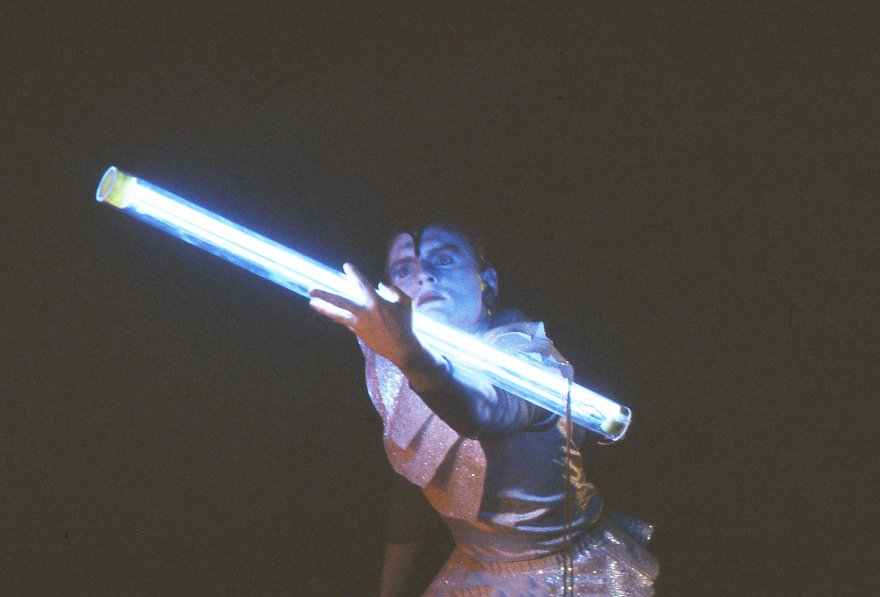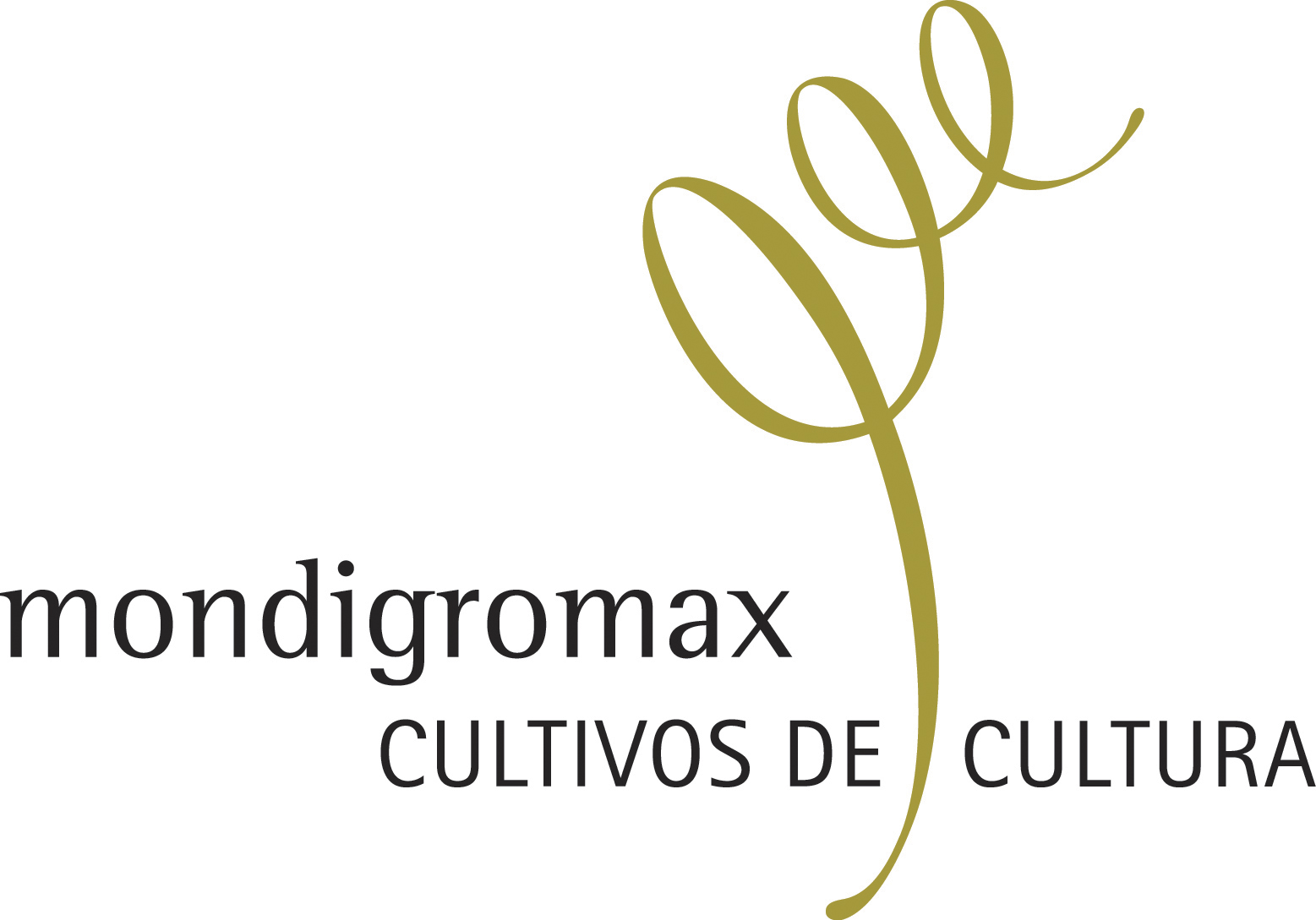About us
Mondigromax
Mondigromax, cultius de cultura was born in 2001 to accommodate under one roof the various branches of Dietrich Grosse interests and passions, together with Montse Majench‘s vital complicity and emotional support.
The purpose of Mondigromax is to promote new opera and dance creations on stage and in parallel accompany dance and ballet companies from around the world in search of new theatres or festivals where they can find new audiences.
The company’s engine, Dietrich Grosse, is a German long living in Barcelona since 1979, following the footsteps of master Andrzej Leparski who was teaching mime and body movement at the Institut del Teatre, in Barcelona, a centre attraction for young people from all over Europe in the 80’s, where the young creators of the moment, years later would be world-renowned artists, such as La Fura dels Baus. This environment makes. There he obtained a Bachelor of Dramatic Arts, as well as a Higher Degree in Dance.
As a result of the Cultural Olympiad, he went to Berlin in 1993, a few years after the fall of the Wall (1989), where he graduated as cultural manager at the Hochschule für Musik “Hanns Eisler”. He would complete his training with a Course in Economie et Financement de la Culture at the Paris-Dauphine University, invited by the French Ministry of Culture.
Proud to say “I was dancer”, he took part in numerous choreographic works, and together with Juan Carlos García, Dietrich Grosse founded Lanonima Imperial (1986). When they started, it was the first male contemporary dance company in Barcelona and its choreographies were innovative and surprising and they achieved a certain success. At this point, Dietrich Grosse went from dancer to manager and executive producer of Lanonima Imperial until 2001.
“Lanonima” -written without an apostrophe and without an accent- was one of the few stable dance companies of the time. Outstanding productions: Afanya’t a poc a poc (Ciutat de Barcelona Award, 1991), Eco de Silenci & Els passos del camí (Audience Grand Prize of the II. Suzanne Dellal Competition, Tel-Aviv, 1993) and Cuerpo de sombra y luz, work for which they received in 2000 the National Culture Award of Catalonia recognition.
In Berlin, from 1994 and 1996, he was marketing manager for the Tanztheater der Komischen Oper at the time when Marc Jonkers was the director of the Tanztheater.
From 2003 to 2005, he collaborates with the Castell de Peralada Music Festival from the hand of the always missing music critic and programmer, Luís Polanco, the referent.
In 2007 the publishing line is born, Editorial Mondigromax, with a catalogue of works by nine Catalan composers in full creative effervescence, ranging from large-format works, operas and cantatas, to the most delicate monodramas. Mondigromax was by his side from the beginning and represent some of their compositions, particularly the opera’s scores, as well as their public interpretation.
Since 2004, Dietrich Grosse is director and producer of Òpera de Butxaca i Nova Creació, ÒBNC, taking the testimony of Toni Rumbau, together with artistic director Marc Rosich.
At the same time, he collaborates with the organization of international conferences on dance and opera and in conducting studies focused on the management of performing arts.
Happy enough with his ride.

Das ist das wundersame Spiel der Kräfte,
dass sie so dienend durch die Dinge gehen:
in Wurzeln wachsend, schwindend in die Schäfte
und in den Wipfeln wie ein Auferstehen.
Das Stunden-Buch, Rainer Maria Rilke
The wondrous game that power plays with Things is to move in such submission through the world: groping in roots and growing thick in trunks and in treetops like a rising from the dead.
The Book of Hours, Rainer Maria Rilke
Mondigromax is member of the SGAE, General Society of Authors of Spain, and of AEDEM, Association of Independent Spanish Music Publishers.
Dietrich Grosse is member of Opera Europa and of the Catalan Music Academy (Acadèmia Catalana de la Música).
